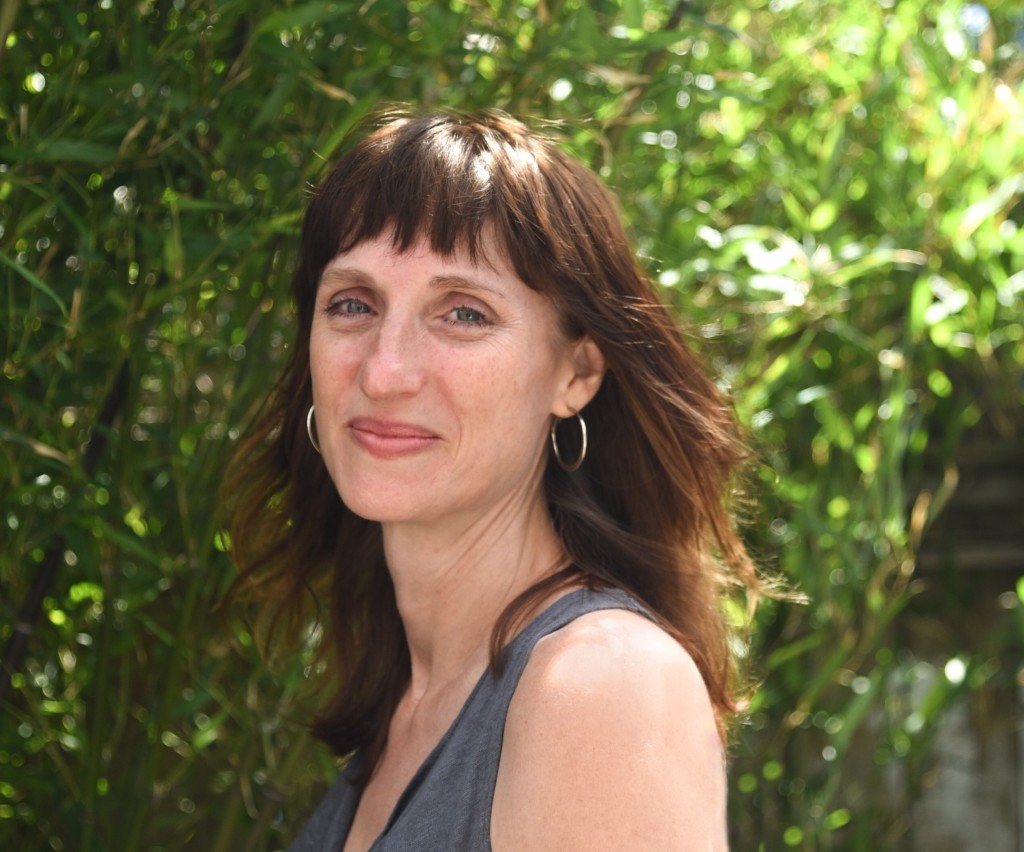Interview conducted by Adrineh Der-Boghossian.
A career as an editor is often a solo adventure, especially if you’re a freelancer. So we thought one way to better connect with fellow editors was to ask them the Five Ws: who, what, where, when, and why. Read on for some thought-provoking, enlightening tidbits from those of us who choose to work with words to earn our keep.
Please tell us a little about yourself, the kind of work you do (and where you live), and how long you’ve been an editor.
I’ve been an editor since I was about eight years old—or at least I like to think so. My pastime then was clipping articles and images I admired from magazines and pasting them onto sheets of paper to create my own “magazine,” which I then photocopied and shared with family and friends. (Clearly, I wasn’t up on copyright law.) When I was ten, I confidently wrote Condé Nast in NYC, offering my services. (I did actually get a response—suggesting I contact them again once I had more experience under my belt. Their loss.)
I’ve been editing professionally since the early 1990s, working in-house at a couple of Vancouver-based book publishers and freelancing on the side, before moving to Toronto in 1999 to freelance full time. I edit mainly non-fiction for book publishers and corporate clients, and also for self-publishing authors. I used to do developmental and substantive editing as well, but these days focus on stylistic and copy editing, plus proofreading. Plus, I teach editing in the publishing programs at Ryerson University’s Chang School and Simon Fraser University (which has proven to be really fulfilling), and recently developed a course on recipe and cookbook editing for Ryerson, which launched online just this past spring.
Who: If you could edit one famous author, living or dead, who would it be?
Geoff Dyer, an accomplished writer and one of my favourites. Editing his work could prove to be an easy job: his characters skew toward the obsessive, and I suspect that as an author, he does too—meaning that his manuscript would be letter-perfect. I could then boast that I’d edited him (having still only read him) and my name would, hopefully, make it into the acknowledgements.
What: Do you have a favourite punctuation mark and/or a favourite word?
I like the interrobang, the combined exclamation point and question mark (‽) well suited for rhetorical questions. Unfortunately, it’s still not widely accepted, despite having been around for decades. (In 1968, apparently, at least one typewriter manufacturer offered an interrobang key as an optional extra, but it never caught on.) It conveys incredulity and interrogation in equal measure, while neatly skirting the ordering issue (?! or !?) if multiple punctuation were used. Interrobang is also a favourite word of mine, just for the way it sounds.
Where: If you could work anywhere in the world as an editor, where would that be?
I’m not too fussy, so long as it’s a warm escape from the Toronto winter. In 2019, editor friends and I did a month-long “working retreat” in Central America, renting houses in a couple of coastal towns. The ocean waves made for pretty spectacular white noise. And the internet going down, as it sometimes did, merely signalled that it was time for a swim. Also, being due south, we remained in a similar time zone to our Canadian clients (and, for me, most of my students), so time complications weren’t a concern. When the pandemic is over, I’d like to head south again, this time with Lima as a base.
When: Was there ever a time in your life when you seriously questioned your career choice?
Maybe once, back in 2006… Joking aside, and despite the standard complaints of tight deadlines and low budgets, I’ve never doubted that editing was the right career choice. Working with wonderful and talented authors, colleagues, and now students too is a joy. Simply put, I love what I do!
Why: Why did you choose to become an editor? Or, should we ask: Why did editing choose you?
I knew at a young age that I wanted to work in journalism or publishing (as my preteen magazine work attests to); I just wasn’t sure in what capacity. I ended up studying journalism at Ryerson (when it still was a polytechnic institute), with the idea of becoming a war correspondent, but drifted back toward my first love and entered the program’s magazine stream when it came time to focus. It was there that I first did real hands-on editing (on hard copy; it was the early ’90s, after all)—and was hooked.
And, of course, we just had to ask the inevitable how: How would you sum up your motto?
“Time is a non-renewable resource.” It’s self-evident, yet this expression increasingly resonates with me as I get older. It’s a reminder to be more choosy with how I spend my time, in both my professional and personal lives, and it helps me prioritize when I find myself getting too caught up in the little things.
Adrineh Der-Boghossian provides editing, proofreading, and writing services through her company More Than Words, and volunteers as a proofreader for The Editors’ Weekly, the official blog of Editors Canada. She was previously the editor-in-chief of BoldFace.
This article was copy edited by Ellen Fleischer.


Love these profiles. Such interesting stories….I like her chutzpah.
LikeLike